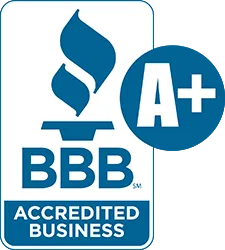
515.809.CASH

Jay Buys Houses
Jay Buys Houses, a community-focused, hometown Iowa business offering REAL solutions to REAL people's problems. In over 24 years, there's not a situation we haven't seen and solved.
No matter the CONDITION, LOCATION, PRICE or SITUATION, we're ready.
Fill Out The Form To Get Our CASH & DebtRelief Offers
I agree to terms & conditions provided by the company. By providing my phone number, I agree to receive text messages from the business.
Copyright 2001 - Jay Buys Houses Home of the "3 Options to Sell" Offer